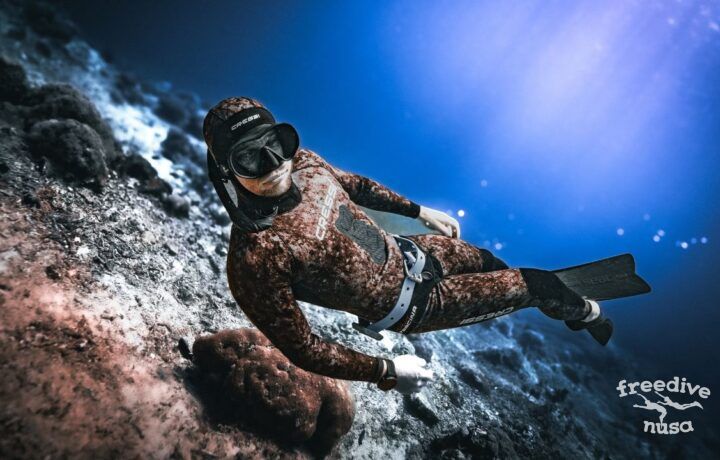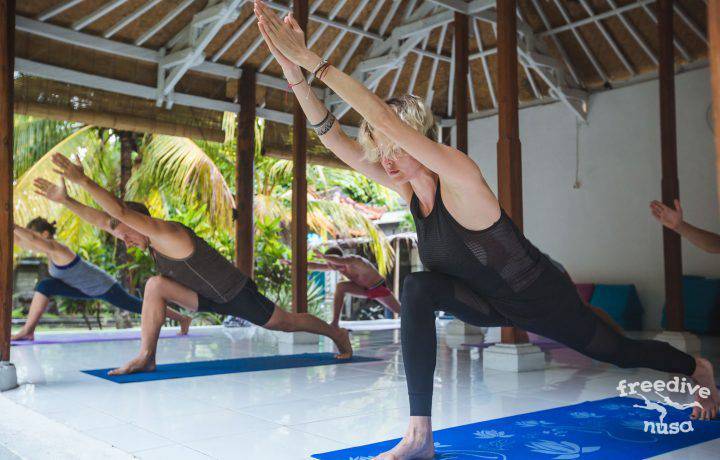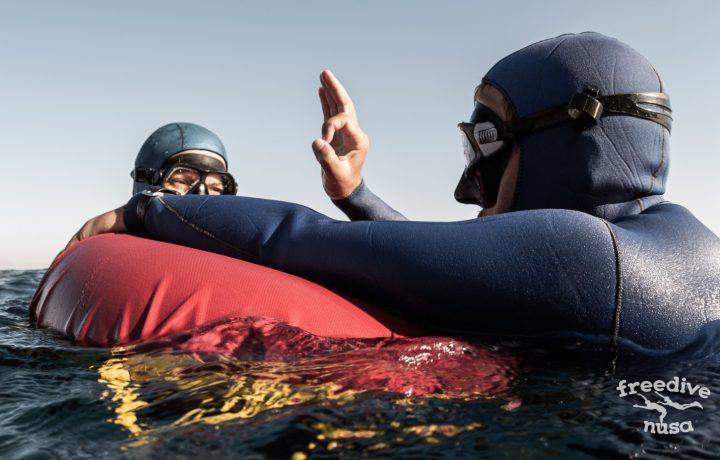“Is freediving dangerous?” many people ask when enrolling on their first course. By the end of the course, they realize in astonishment that freediving is probably the least extreme of all the extreme sports. There’s little chance you’ll sprain your ankle or break a bone. You can’t even fall. Freediving risks are highly specific and unlikely to be faced elsewhere — which means the management of them requires very specific skills and qualifications.
This makes it all the more important to have a medical insurance specifically tailored for freedivers. Freediving still remains a niche sport, and standard agencies usually don’t provide insurance from diving accidents. So if you face a problem, you’re largely on your own. Or worse, you may find yourself stuck with a doctor who has a very vague idea about freediving and gives recommendations that are unpredictable or downright dangerous.
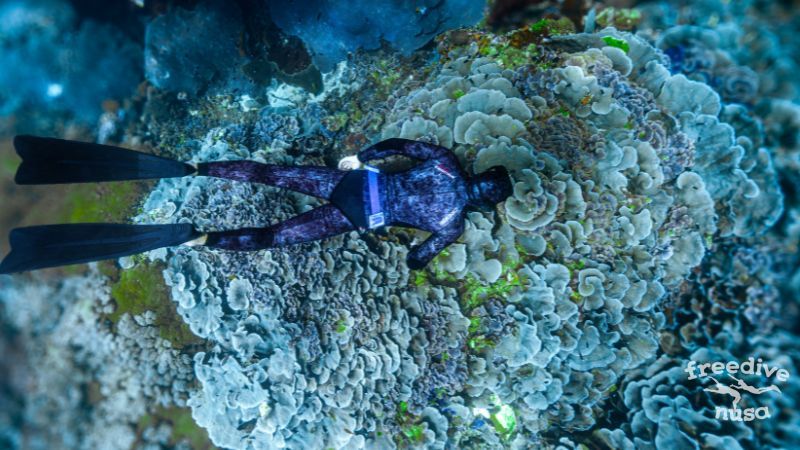
That’s why we’d like to talk about trusted insurance agencies that cater for freedivers. Here’s our list:
1. DiveAssure
Founded in 1999, the DiveAssure Association provides insurance for those who freedive locally as well as when travelling overseas. The DiveAssure policies only include recreational freediving and have no depth limit providing that you hold a valid certificate from a recognized agency and dive in accordance with your level of certification. Commercial diving as well as competitions and other athletic pursuits are not covered, but, interestingly enough, freediving as an instructor and an underwater photographer are. Spearfishing is covered, too. The products include hyperbaric chamber treatment.
View DiveAssure policies
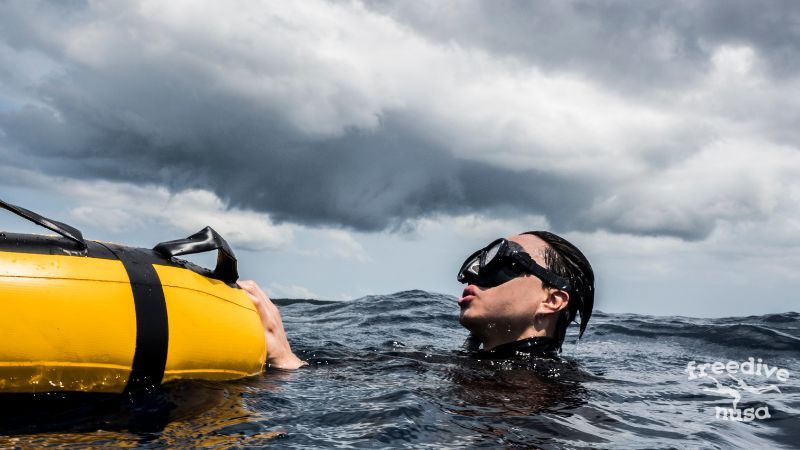
2. DiveAssist
DiveAssist is an online resource for the international diving community which provides medical insurance for divers. Its insurance products cover recreational freediving and spearfishing (without the use of any scuba gear) — as long as you hold a valid certificate issued by an approved agency (such as Molchanovs, SSI, AIDA, PADI, etc.) The depth limit of your coverage is that allowed by your current certification. Hyperbaric chamber treatment as well as search and rescue services are included in the policy. Freediving competitions or record attempts aren’t covered, unless specifically agreed by the company. DiveAssist products are valid both in your home country and abroad, but there’s no coverage in the US and Canada.
View DiveAssist policies
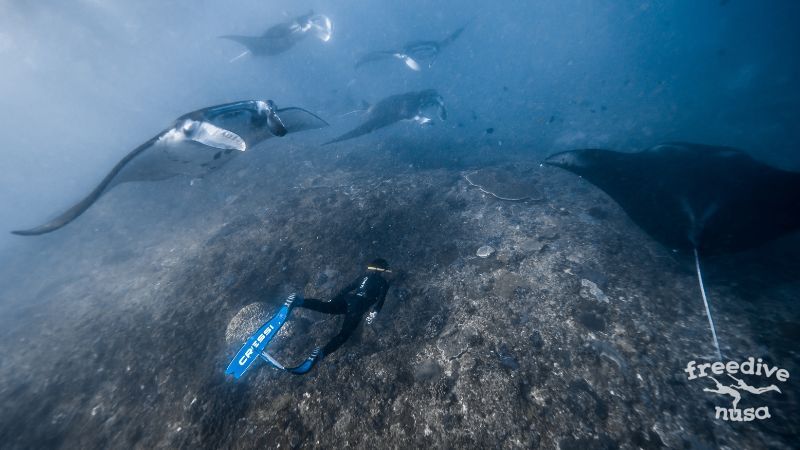
3. Insured Nomads
Insured Nomads’ World Explorer plans offer worldwide coverage for travelers and have an add-on for Adventure Sports and Marine Activities that, among other nice things such as windsurfing and kiteboarding, include freediving. Under the policy, you can freedive to any depth for which you have the experience, training, and proper certification by a recognized agency. Note that you must purchase the add-on separately along with the policy! Professional sport, competitions, record-breaking events, or training for them, unfortunately, are not covered. Neither is spearfishing.
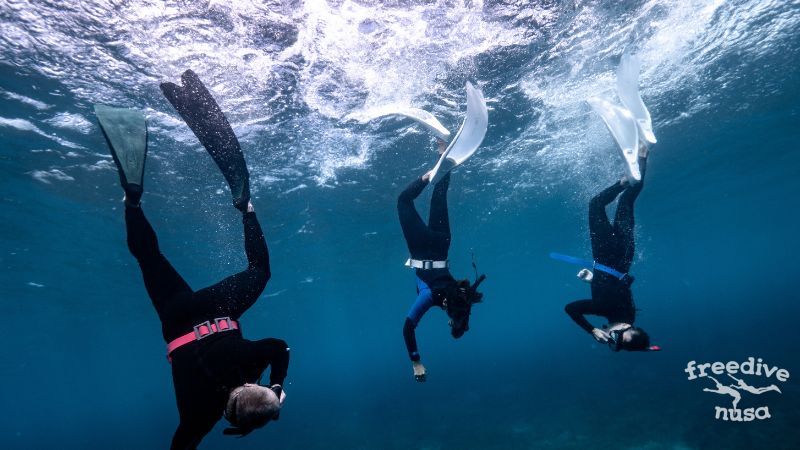
4. DAN
Operating for more than 40 years, Divers Alert Network (DAN) is one of the most renowned and respected dive safety organizations. It offers products with worldwide coverage for athletes and instructors as well as recreational freedivers, both in the pool or open water. The policies include treatment in a hyperbaric chamber as well as search and rescue services. On top of that, DAN is one of the very few companies who offer coverage for divers aged 70 and above. DAN plan options vary greatly depending on your location, so to get relevant information, contact DAN directly.
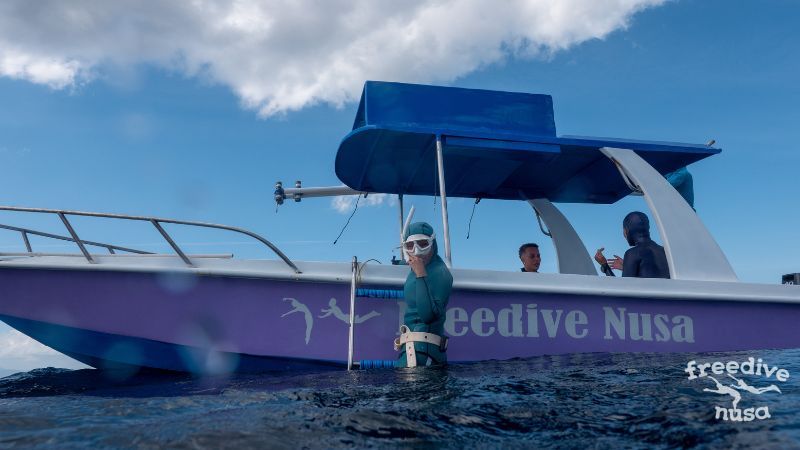
5. Conclusion
Above, we were talking about medical insurance for freedivers. If you’re an instructor, you also need liability insurance to cover you as a professional in the country where you work. It’s a completely different type of insurance worthy of a separate post. You can purchase liability insurance for professionals from DAN, DiveAssist, and DiveAssure. Find more information as well as terms and conditions on the companies’ websites.
If you freedive on a regular basis, it’s worth spending that extra money on an annual policy. If you’re only going on a short freediving trip or taking a course, purchase travel insurance with freediving as an option. Freediving often brings us to far corners of the world, where medicine might be less developed or inaccessible. That’s why we strongly recommend getting insured, as all of the companies above offer 24-hour emergency assistance as well as emergency evacuation. Freediving is safe if practiced safely, so let’s take that precaution to keep it that way.

